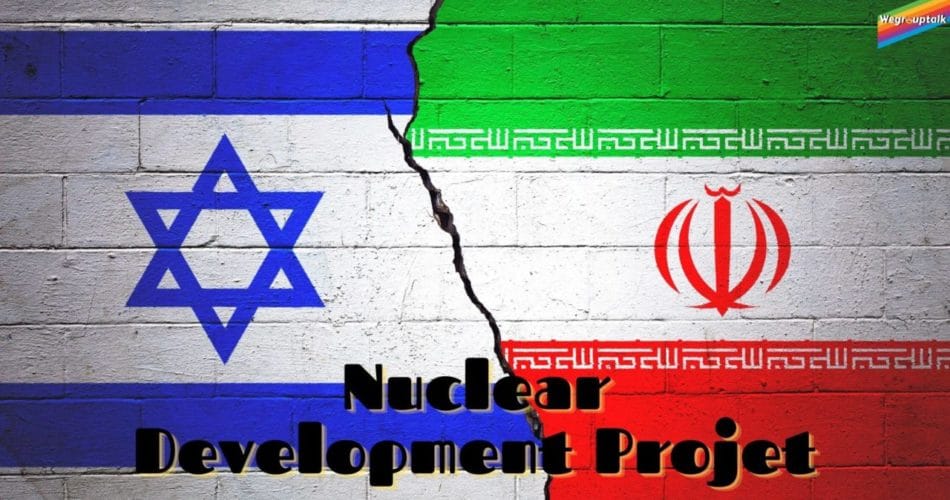Political unrest between Iran-Israel rejuvenated when a minor blast was observed in New Delhi, near the Israeli Embassy. The blast was enough to ignite the already existing diplomatic war between Iran and Israel. The event occurred on 29 January when the Indian Prime Minister was attending the beating Retreat ceremony on the final day of India’s 71st Republic Day. The blast occurred at the APJ Abdul Kalam road and was immediately filled for the civilians.
The Israeli Prime Minister Benjamin Netanyahu expressed his concern over the incident. The Israeli authorities confirmed to send their team to investigate the incident. Apparently, an organization name just calls him had taken responsibility for the attack, but the Indian Agencies are still finding other substantiated evidence.
Iran-Israel: Threats by Lieutenant General Aviv Kocharvi
This incident comes days after Israel threatened Iran for a war. On 12 January, Israel’s Lieutenant General Aviv Kocharvi was giving his address at Tel Aviv University’s Institute for National Security Studies. The officials talked about revised Israel’s land to attack the Islamic Republic of Iran.
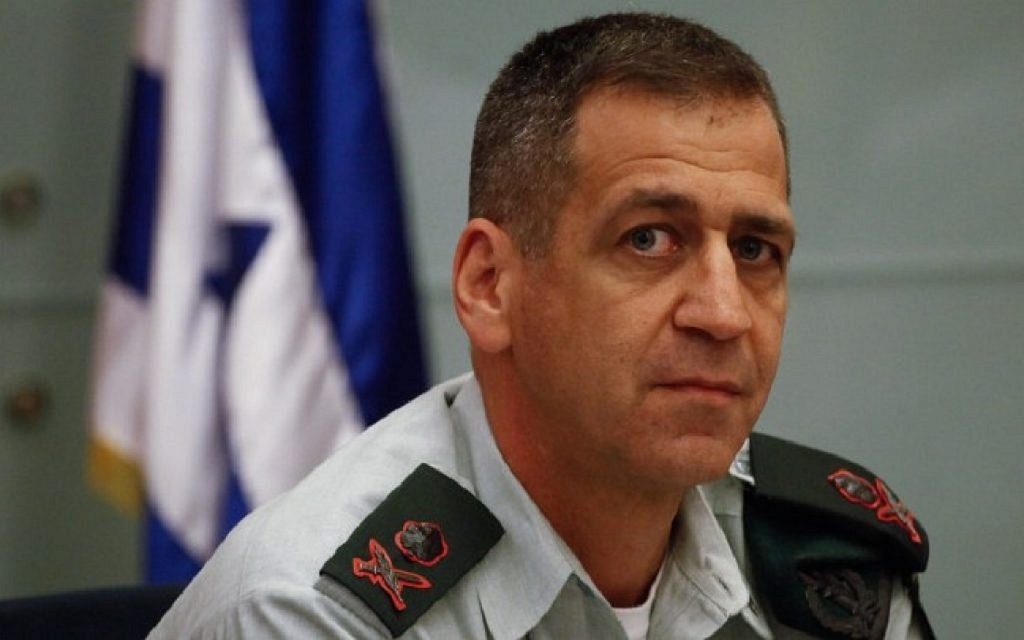
He further added, “In the fundamental analysis, I have instructed the Israel defense forces to prepare a number of operational plans in addition to those already in place”. The Lieutenant also added that the implementation of those plans would completely rely on political leadership’s shoulders. Empty rhetorics are not new when it comes to Israel Iran diplomacy, but this time the act of war has been openly hollered in public.
Battered Diplomatic Relations Between Iran-Israel
Iran-Israel has never been this arch-nemesis. The friendly ties de-accelerated due to Iran’s interest in developing nuclear technology with outright disregard to the international protocols. The demographics of the two countries also possess a bitter history. Iran’s majority population embodies the Shia Muslim faith, while Sunni Muslims are the largest group in Israel.
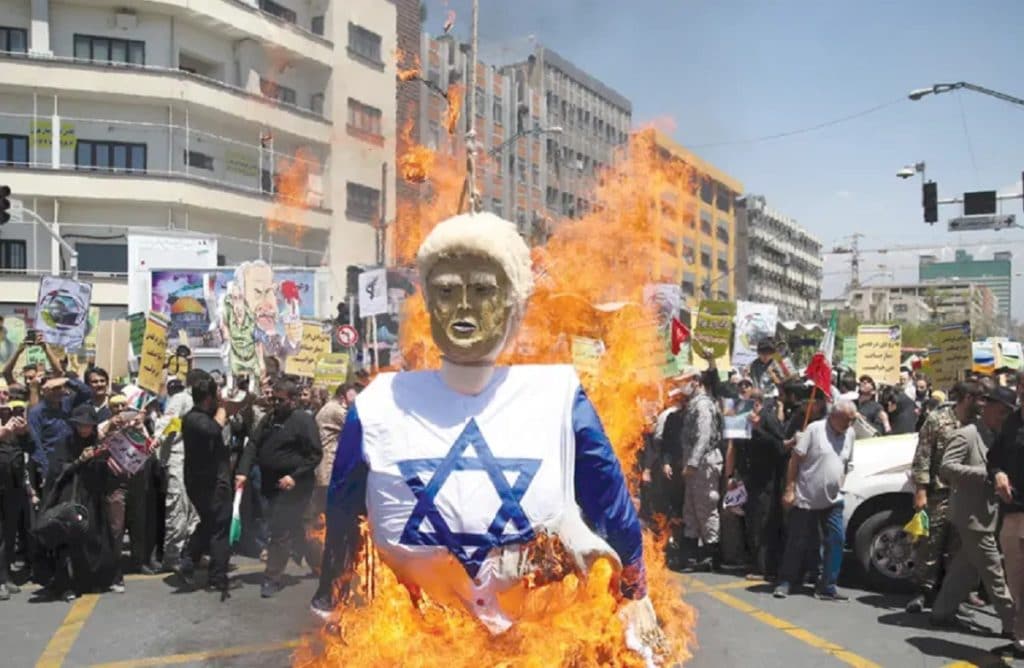
The radical Islamic government has always maintained an anti-Western stand and even called out Israel on multiple occasions. Israel’s ties with the United States have also severed due to Iran’s nuclear ambitions. During this address, General Habib even warned the US not to return to the 2015 nuclear agreement as he said it “would be bad and wrong from an operational and strategic point of view.”
The 2015 nuclear agreement, which is also known as the Joint Comprehensive Plan of Action(JCPOA), was signed in Vienna on 14 July. The agreement was signed between Iran and PS5 + 1 Nations(China, France, Russia, UK, US + Germany, together with the European Union).
Iran-Israel rift and the quest for Nuclear power by the former
Before delving into the protocols and peripheries laid in the agreement, we must look at Iran’s reckless interest in nuclear technology, incurring profound concerns from the international community.
The Commencement
It all started in the year of 1947 when the UN split Palestine. This gave the birth of Israel. However, Iran was one of the few countries that questioned the decision by the UN. Iran initially disregarded Israel’s sovereignty and was one of the 13 countries who voted against the UN resolution, but within three years, the perspective changed.
It was only in 1950 when Iran accepted Israel as a country and started the trading activities with the Arab nation. This was the time when Mohammad Reza Pahlavi ruled Iran as a Monarch. He was backed by the Us and believed in secular principles. He rapidly modernized Iran while also expecting the roles of Religion and Politics not to overlap each other.
The trade between the two countries thrived, and Shah was the one who first envisioned Iram to be equipped with nuclear energy. According to NTI.ORG, The US was the one that equipped the Tehran Nuclear Research Centre(TNRC) with a 5MWt research reactor. The reactor was fueled by Highly Enriched Uranium in 1973. Shan expressed his plans to make Iran a superpower by the end of the 20th century.
He established the Atomic Energy Organisation to take this endeavor. In the next five years, Iran invested heavily in Uranium energy and bought shares in various countries’ nuclear projects. Meanwhile, Israel was also helping Iran in the Defence, agricultural and medical sectors. Iran-Israel even joined hands to develop a missile carrying the nuclear warhead under the name of ‘Project Flower’.
The Hook
The country was simultaneously in political unrest due to the risk between Royal forces and Religious factions. This cascaded into an Iranian revolution, which changed the course of history for the world. The Monarch was overthrown, and the Islamic republic was established in Iran. The radical Islamic government severed ties with the western world and stalled all the developmental projects.
Post-revolution Iran, led by Ayatollah Ruhollah Khomeini, allied with other Arab nations against Israel. All the former diplomatic relations were dismantled. The nuclear projects were suspended most prominently in the development of the Bushehr Nuclear Power Plant.
The Final Act
It was only during the brutal 1980 Iran-Iraq war, Israel provided weapons to the Irani troops. In 1984, The Supreme Leader of Iran displayed his keen interest in being a nuclear power. On the diplomatic front with Israel, the situation deteriorated. In 1985 an Egyptian man killed 7 Israeli men, and the Ayatollah regime glorified him in the country.
Iran started redeveloping the play they long abandoned. The country signed nuclear cooperation agreements with Pakistan(1987) and China(1990). Russia jumped to help Iran in completing the construction of the Bushehr Nuclear Power Plant in 1992. The plant was eventually completed in 1995.
The US intervention and International pressure
Things were moving smoothly until nuclear development came under the radar of the United States. The US President then expressed concerns over the rapid nuclear power development and pressured Iran’s allies to cease financial assistance. In 2003, the International Atomic Energy Agency(IAEA) visited Iran’s nuclear research centers and inspected the program.
After heavy sanctions and immense pressure from the international organizations, Iran in Nov 2003 signed the additional protocol, which meant that Iran would now have to give full access to IAEA regarding nuclear activities. With this, Iran assured to suspend enrichment activities.
Nuclear Enrichment
Uranium enrichment is a process in which a percentage of Uranium(U-238) undergoes nuclear fission with thermal neutrons in order to create effective nuclear fuel. Naturally occurring Uranium has three isotopes(U-235, U-238 & U-234). However, U-235 abundance is only 0.7%, and hence the process of isotope separation is used.
Isotope separation is carried out due to the mass difference between U-235 and U-238. The nuclear reactor for civilian purposes requires 3-4% of Uranium enrichment while it requires 90% of Uranium enrichment for the development of nuclear weapons.
Empty Assurances and Debilitating Sanctions
Iran promised that it would keep the enrichment up to 3%, an assurance that has been challenged many times over by IAEA. Despite signing the additional Protocol, Iran played around the loopholes in the agreement and committed small-scale conversion experiments. The following year, Iran’s actions became more erratic, and they are notified that the country shall resume uranium conversion activities.
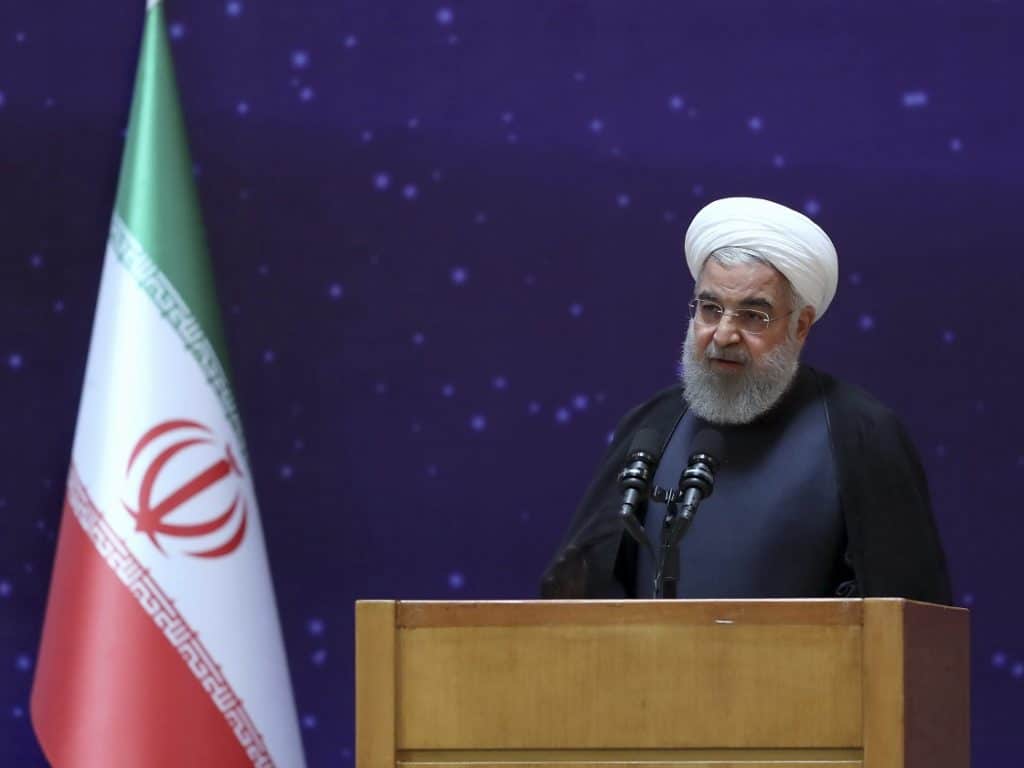
According to NTI, 2006 was the year Iran breached the protocol to revive the enrichment practices. The United Nations Security Council stepped in and summoned Iran to be amicable with IAEA, only to face Iran’s apathy. In June 2010, the UN-imposed another round of sanctions on companies, banks, or countries trading with Iran. This shackled the economy, and the currency value plummeted. Major investors were discouraged from investing in Iran despite it being rich with resources.
Pride and Greed
In 2005, the newly appointed President Mahmoud Ahmadinejad of Iran announced that the country would build multiple nuclear facilities. Israel, on the other hand, grew more varied with Iran’s developments. The same year the President had openly supported Hajbullah, a militia group fostering anti-Israel sentiment. Israel then allegedly assassinated Iran’s leading nuclear scientist to hinder the nuclear project. Iran’s first nuclear power plant came into effect thanks to the help of the Russian government.
In 2012, five Iranian individuals were arrested in New Delhi, India, for plotting to kill several Israeli diplomats in the Israel Embassy. But, by the beginning of 2015, Iran was drowning in international debt and economic turmoil. According to a San Francisco Chronicle report, “Iran’s Nuclear Program may have cost the country 500 Billion USD. The international sanctions had battered Iran with a massive loss in Oil revenues and Foreign Direct Investments.
Negotiations and Agreements
Iran entered the negotiation board on 14 July 2015 with JCPOA in Vienna. Talking about this deal, the then US President Barack Obama said, “Because of this deal, the international community will be able to verify that the Islamic Republic of Iran will not develop a nuclear weapon”. However, Israel’s Prime Minister Benjamin Netanyahu had a contrasting perspective.
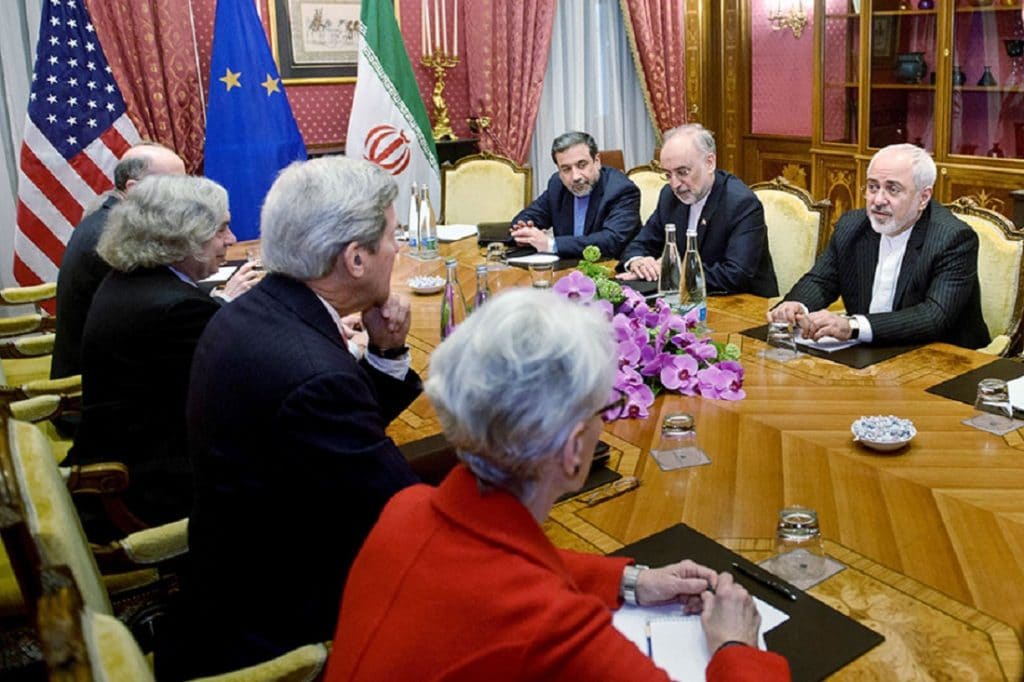
He believed that Iran would still continue with its quest for a nuclear weapon, and this deal would not reap any benefit. The deal gave Iran relief from the US, EU, and UNSC from the already existing sanctions. In return, Iran would have to let go 98% of Uranium enriched stockpile, slash off 2/3rd of its gas centrifuges for 13 years, only to use the remaining for research and development, and dissuade itself from building new heavy-water facilities.
Most importantly, it would give monitoring access to nuclear facilities to IAEA, which would check the country’s activities.
Doomed future of Iran-Israel
In 2018, Israel’s angst about this deal ended when former US President Donald Trump terminated US participation from the JCPOA deal. Prime Minister Benjamin Netanyahu welcomed the decision as he believed that the upliftment of economic sanctions was unjust. There was a propensity of Iran to go back to nuclear arms development after the deal’s expiration. Iran-Israel relations reached their lowest point.
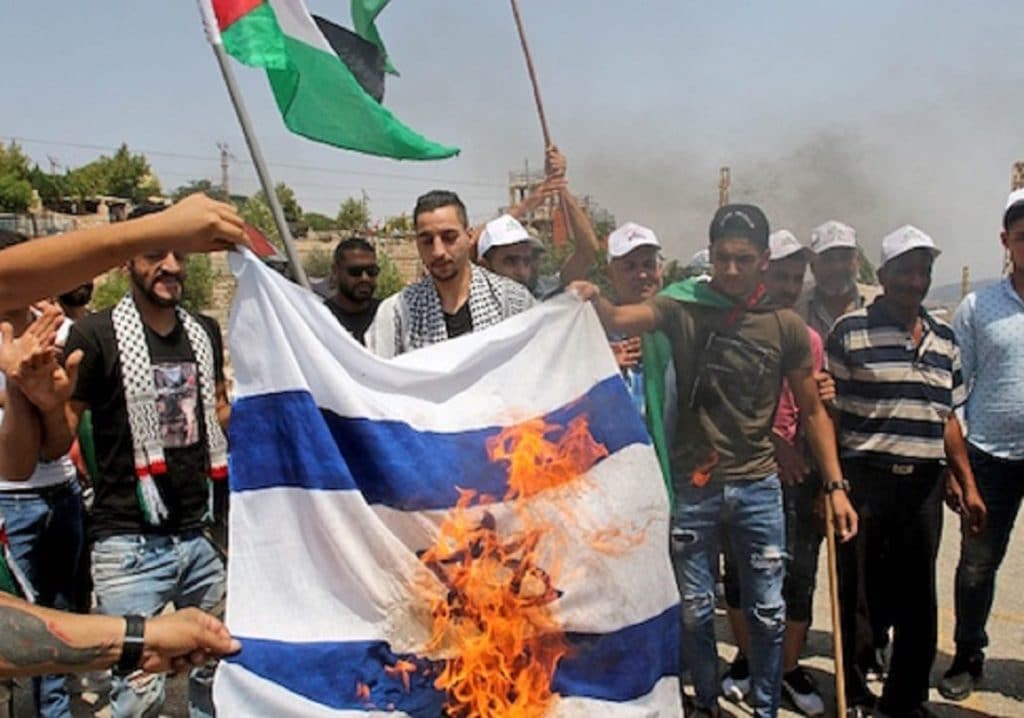
In November that year, the US returned with the economic sanctions, which asked Iran to dramatically change its policies concerning arms development and support for militia groups. This propelled Iran to breach the agreements and accepted the stocking of excess amounts of low-enrichment Uranium. Infuriated by the move, the US carried out Air Strikes at the Baghdad International Airport and assassinated commander Qasem Soliemani.
Iran’s supreme leader, Ayatollah Khamenei, pronounced him a living martyr. Soliemani was the head of Revolutionary Guards’ Quds Force and an important figure of Iran’s politics. Following his death, Iran declared that the country would not adhere to the deal’s templates. However, it also announced continued cooperation with IAEA.
What lies ahead and Beyond for Iran-Israel
During the election campaign, Joe Biden confessed his interest to go back to the 2015 nuclear deal with Iran. Since he is now the President, it is likely that he might stick to his words. He said that the deal was the best way to avoid nuclear conflict in the Gulf nations.
Israel is all set to attack Iran while the US is gearing up for the deal. Since the Syrian revolution in 2011, Iran has extended its influence in those foreign lands. It will be interesting to see the US’s role as the tensions intensify, considering the Democrats have a rather liberal approach to conducting diplomatic affairs. India, on the other hand, shares strong relations with Israel. Both the Prime Ministers discussed the New Delhi minor bomb blast exchanged plans to counter such vile attacks. The Iran-Isreal was something the world cannot afford post-pandemic.
Follow us on FACEBOOK, INSTAGRAM and TWITTER to stay connected.
Also Read- Deep Dive into Atomic Energy

